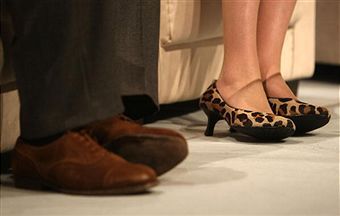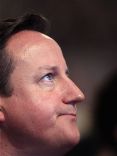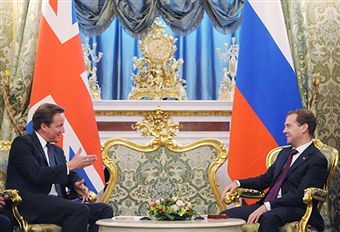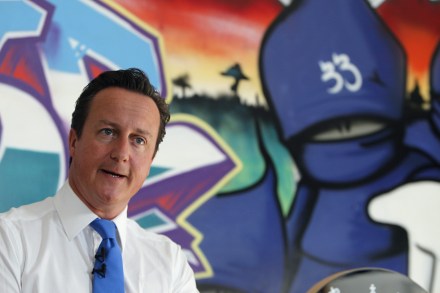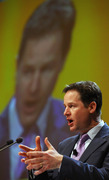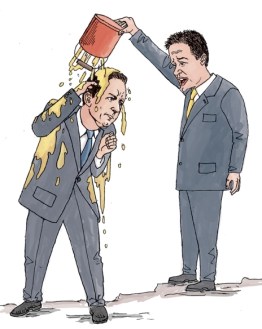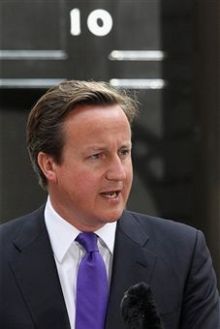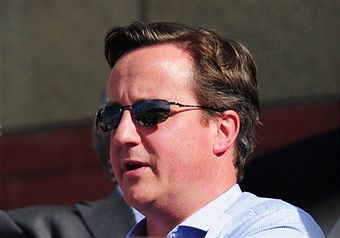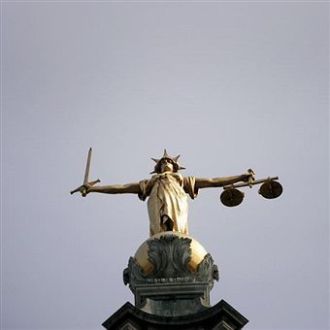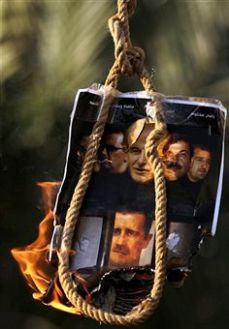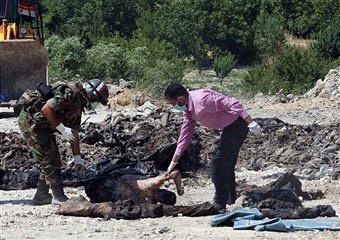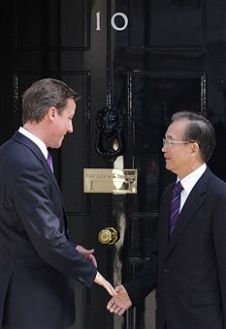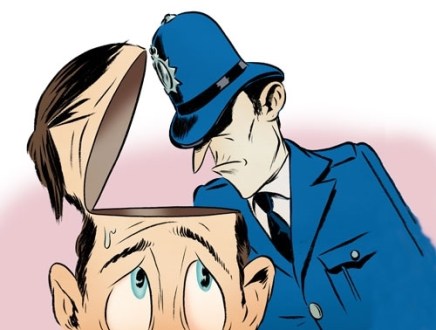Taking the ‘cat-flap’ seriously
Today’s ‘cat-flap’ between Ken Clarke and Theresa May exposes one of the largest divides in the Conservative party today. May, along with most Tory MPs, wants to get rid of the human rights act, while Clarke and the attorney general Dominic Grieve want to keep it. May, to the surprise of her colleagues, used a pre-conference interview with the Sunday Telegraph to make clear her desire to get rid of the act. After this, there was always going to be a reaction from Clarke & Co. One ally of the Justice Secretary tells me that his comments today were spurred, in part, by an irritation
